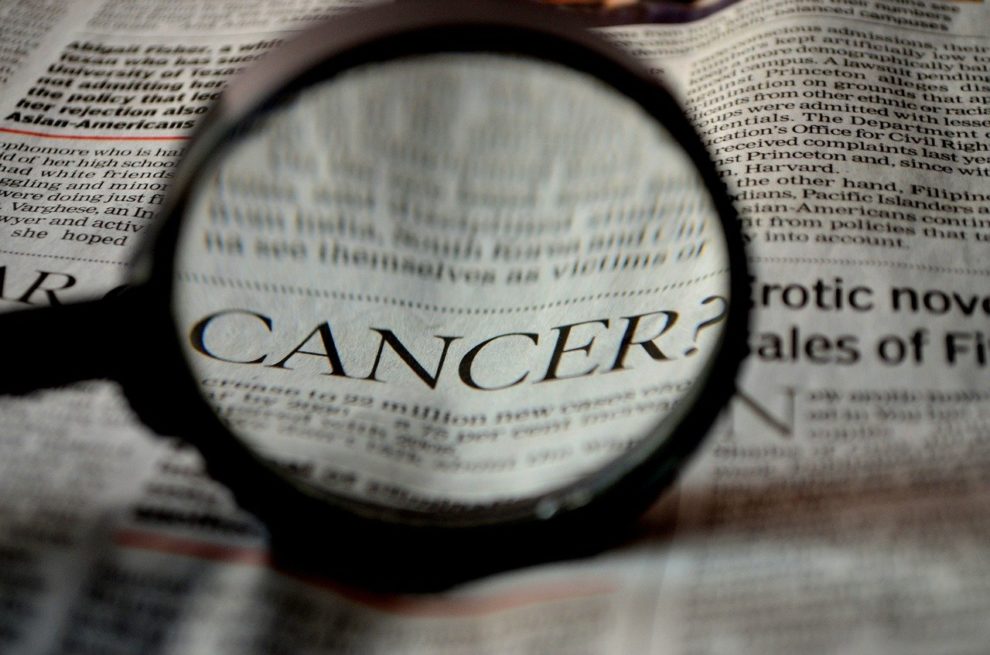More and more young people are being diagnosed with cancer in the United States and around the world, leaving doctors puzzled, WSJ reported.
Understanding the global rise of cancer cases in young people
In 2019, the number of cancer cases among people under 50 in the U.S. increased to 107.8 per 100,000, a 12.8% rise from 2000, according to government data. A study in BMJ Oncology last year revealed a significant global increase in cancer rates among individuals under 50. The highest rates were observed in North America, Australia, and Western Europe.
Doctors are working quickly to understand the reasons behind this trend and to identify young people at a higher risk of developing cancer. They suspect that lifestyle changes, such as reduced physical activity, increased consumption of highly processed foods, and exposure to new toxins, may be contributing to the higher risk for younger generations.
Meilin Keen, a 27-year-old studying for the bar exam and getting ready to move to New York City last June, began experiencing severe symptoms, including vomiting blood. Shortly after, she received the diagnosis of gastric cancer. This led her to postpone the bar exam, and the cognitive challenges from chemotherapy made it difficult for her to engage in legal work.
In December, surgeons performed a procedure to remove her stomach. Keen is now adjusting to the significant impact this has on her diet, health, and even her dating life.
The growing threat of early onset cancer
Dr. Andrea Cercek, who co-directs a program for early-onset gastrointestinal cancer patients at Memorial Sloan Kettering Cancer Center in New York, where Keen was treated, expressed her thoughts on the matter.
“The patients are getting younger,” Dr. Cercek said. “It’s likely some environmental change, whether it’s something in our food, our medications or something we have not yet identified.”
Although cancer still predominantly affects older individuals, the rise in early-onset cancers poses a threat to the progress made. In 2019, one in five new colorectal cancer patients was under 55, nearly double the rate in 1995.
Unfortunately, many of these younger patients are diagnosed at advanced stages. While colorectal cancer death rates are decreasing among patients over 65, they are on the rise for those under 50.
The overall cancer death rate in the United States has decreased by one-third since 1991, mainly due to a decline in smoking and improved treatments. Screening programs for early cancer detection, including breast cancer screenings, have also contributed to this positive trend.
